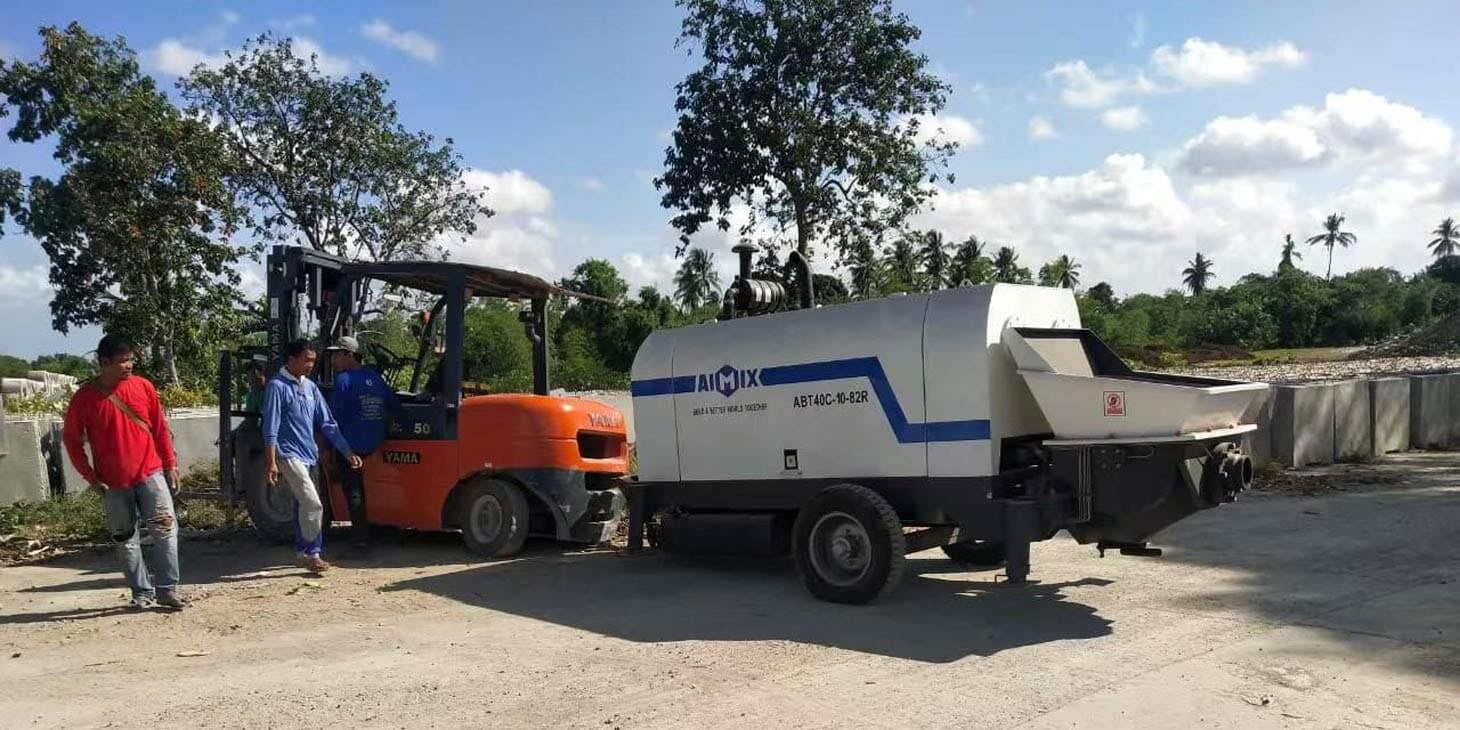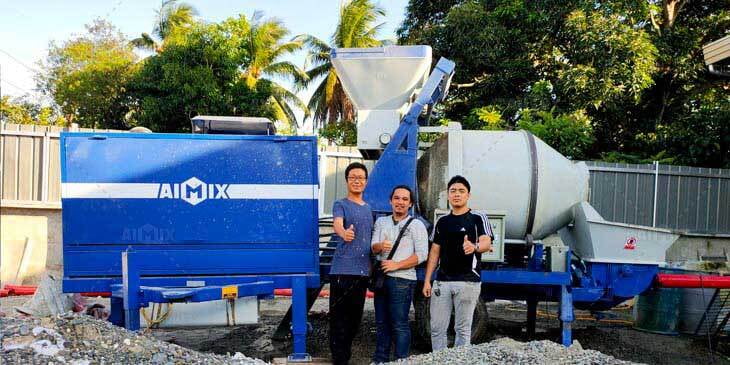Concrete pumps are integral to modern construction, streamlining concrete placement with precision and efficiency. However, choosing between a new or usedconcrete pump for sale requires careful analysis of multiple factors, including cost-effectiveness, performance, and long-term viability. Each option presents distinct advantages and potential drawbacks, making it essential to weigh financial implications, maintenance requirements, and overall project demands before making an investment decision.
Evaluating Initial Costs and Long-Term Value
The financial aspect of acquiring a concrete pump extends beyond the initial purchase price. A new pump typically demands higher upfront capital, but it comes with zero operational wear and manufacturer-backed reliability. This ensures optimal performance and a longer service life, potentially reducing unforeseen repair expenses in the early years of ownership.
Conversely, a used concrete pump offers an immediate cost advantage, often at a significantly lower price than its new counterpart. However, depreciation curves must be considered. New equipment depreciates rapidly within the first few years, whereas a well-maintained used pump may retain a more stable value. Additionally, resale opportunities vary based on market demand, making it imperative to assess potential liquidation value if future upgrades or fleet changes become necessary.

Performance, Efficiency, and Maintenance
A primary consideration in choosing between new and used equipment is reliability and efficiency. New mini concrete pumps integrate advanced technology, fuel-efficient engines, and enhanced hydraulic systems, resulting in higher output with lower operational costs. They also comply with the latest emission standards and safety regulations, making them a more sustainable choice in the long run.
Used pumps, while financially appealing, come with uncertainties regarding wear and tear. The extent of prior usage, maintenance history, and component degradation directly impact performance. Unexpected failures and downtime can escalate costs, negating initial savings. Investing in a used pump with thorough inspection records and a verified service history mitigates some of these risks, ensuring continued operational efficiency without excessive maintenance expenses.
Financing, Warranty, and After-Sales Support
The financial flexibility of acquiring a concrete pump varies based on its condition. New pumps typically qualify for comprehensive financing options, allowing buyers to distribute costs over time. Additionally, manufacturer warranties provide security against premature defects, ensuring consistent operation with minimal risk. Access to original spare parts and dedicated technical support further enhances the investment value.

In contrast, used concrete pumps may have limited financing options and often lack manufacturer-backed warranties. This shifts the financial burden to the buyer in case of component failures or operational inefficiencies. While some reputable dealers offer refurbished units with short-term warranties, the absence of long-term support must be factored into decision-making. Evaluating the total cost of ownership, including potential repairs and aftermarket service accessibility, is crucial when considering a second-hand investment.
A well-informed decision between new and used concrete pumps hinges on project requirements, financial strategy, and risk tolerance. While new small concrete pump for sale ensures reliability, efficiency, and long-term support, used pumps offer immediate cost savings with potential trade-offs in maintenance and performance. Understanding these variables allows businesses to optimize investments while ensuring sustained productivity and financial prudence in construction operations.

